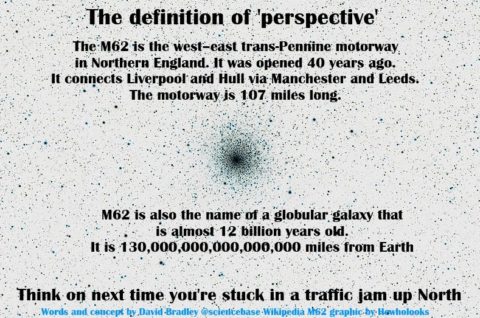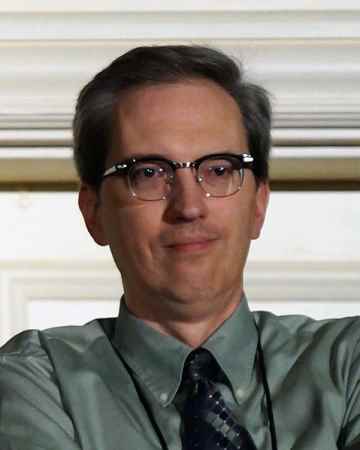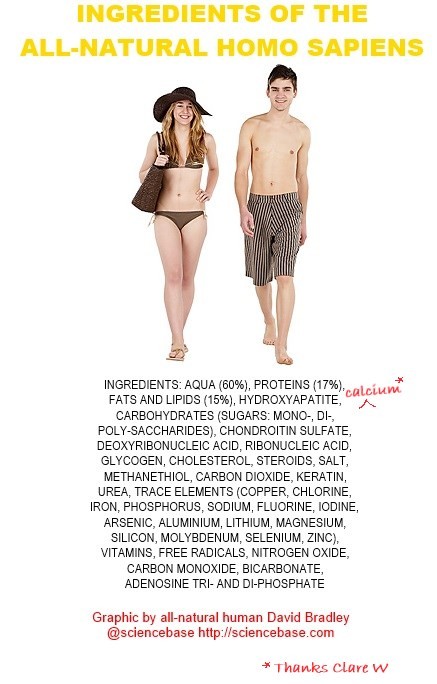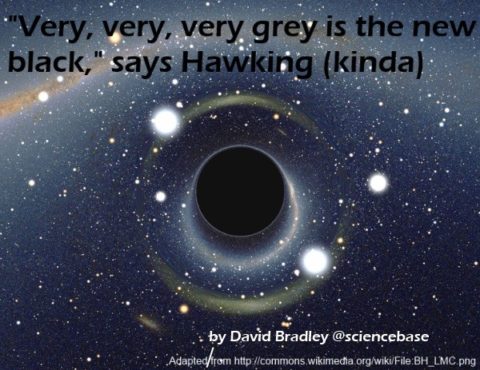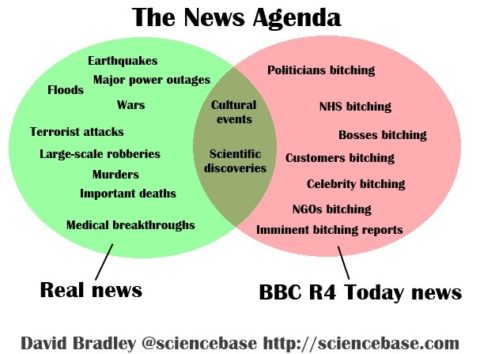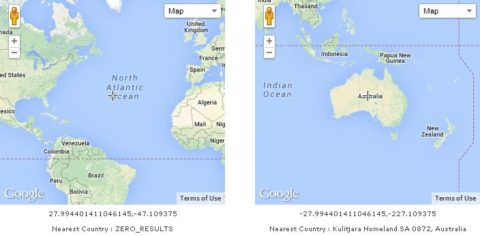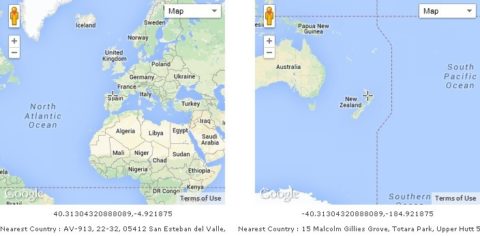TL:DR – David Bradley has worked in science communication since January 1989
Having set out as a chemist, I quickly realised I was better at the writing-up the lab reports part than the rolling up the labcoat sleeves and mucking about with test-tubes. In fact, I never found a labcoat to fit and I used to lose my pens and spatula every time I bent over to pick up whatever it was I’d last knocked off the bench.
Anyway, I spent a few months working and travelling in the USA and on my return did a stint in QA/QC for a food company up north. I landed a job in Cambridge with the Royal Society of Chemistry as a technical editor initially and got a good grounding in working with the scientific literature as well as beating other people’s words into shape. Rattled my way up to what was effectively deputy editor on Chem Comm.
I realised technical editing wasn’t for me and took an extended trip to travel Australia with my (now) wife. On my return, I steadily built up my freelance writing portfolio. You can see a list of past and present clients with whom I’ve worked over the last quarter of a century on my CV page. They range from the daily papers (Telegraph, Guardian) and popular magazines (New Scientist, Popular Science, American Scientist, Focus) to the likes of Science, Analytical Chemistry, Chem Soc Reviews, Nature and PNAS. I’ve written news, views and features, reported from conferences and interviewed many leading scientists as well as working with organisations such as ESF, EPSRC, ANL, NERC and many others on internal reports and brochures.
I’ve contributed to and acted as an editor on various books over the years, but finally settled down with a solo commission from independent publisher Elliott & Thompson in 2012 to write Deceived Wisdom (you can get a digital copy at a knockdown price at that link).
A few awards have been accumulated over the years, although you usually have to enter yourself into the journalism and science communication awards and I’m usually too embroiled in scientific discussion to get to a photocopier. Nevertheless: Winner — 1992 Daily Telegraph Science Writer of the Year, Runner-up — 1995 Chemical Industries Association (CIA) Awards, Commendation — 1997 UK Medical Journalism Awards, Shortlisted — 2001 Pirelli science multimedia awards, Finalist — 2008 weblogawards, Finalist — 2008 — Twitter Shorty Awards, Runner-up — 2010 Research Blogging awards.
Anyway, I hope I’ll still be capable of writing about science over the next 25 years to reach my 50th anniversary, but if it’s not Science, you know it’ll be Songs and Snaps…
Meanwhile, this day is the “memory” of my maternal grandmother and of surrealist artist Salvador Dali who died in 1989. Oh, and on a happier note it’s the day I met the then future Mrs Sciencebase (real name changed).
